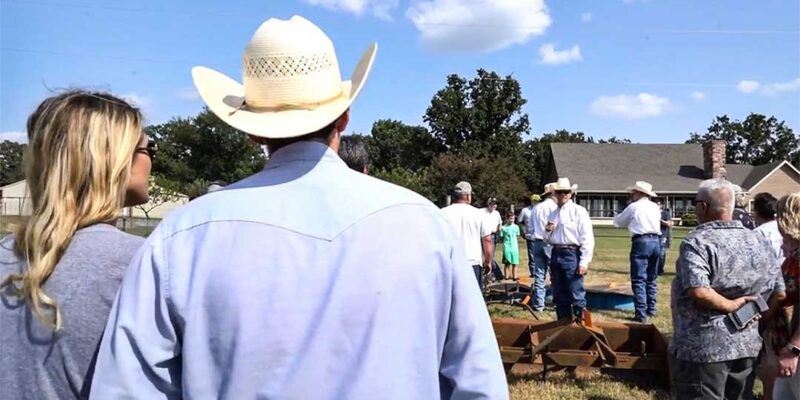Looking to maximize your home’s sale value? Avoid costly upgrades and focus on simple, effective steps to attract buyers. Declutter, depersonalize, deep clean, and boost curb appeal effortlessly.
Most of us realize that your home should be as inviting and welcome potential buyers by making them feel comfortable.
“One of the most common mistakes that home sellers make is overlooking the simple and inexpensive steps in favor of costly upgrades” says agent Tev Brackin adding, “simply decluttering, depersonalizing, deep cleaning and curb appeal boosting lawncare will do more for resale value than just about anything you can do.”
Use this checklist to knock out the basic tasks to maximize your home’s value:
- Declutter every room in your house, the garage, the yard and any storage buildings.
- Depersonalize your home. Remove your personality so that potential buyers can visualize how their own personality will look in your house
- Deep clean. Think about hiring a pro – your realtor should have affordable options. Not only will they make your home sparkle, they’ll also often notice things that you may overlook.
- Amplify your curb appeal. Small and economical upgrades like a few cheerful flowerpots, fresh paint around the doorway, and trimming overgrown shrubs will make a big difference. Realtor Kali Blakley advises her clients to “Take a step back and add some color with potted plants – and you can take them with you after you sell.”
Of course, there are a few tasks that you may not have thought about that are absolutely worth your time:
- Wow buyers with inviting pictures that compel them to take a deeper look. Most buyers begin their search online. Be sure to declutter, depersonalize, deep clean and brighten your home before taking your online listing photos. Consider hiring a professional real estate photographer to maximize your appeal.
- Avoid surprises by conducting your own pre-listing inspection. A pre-listing inspection provides sellers with upfront information about the condition of their property, which gives them more control over repairs and potentially strengthens their negotiating position.
- Adjust the thermostat to make certain that your home is comfortable for potential buyers when showing the home.
- Make your home smell free. Taking out the garbage and recycling is obvious but removing candles and room fresheners is important too. Any smell can spoil a buyer’s opinion of your property. “Some sellers are shocked when I tell them a buyer thought that the candle scent was covering up a musky smell in the home.” Recalled agent Shelby Enyart.
- Avoid signs of your pets in the home. While we love our pets, dander, excess fur and messes in the yard can turn-off potential buyers.
The to-do list or home sellers may seem never ending. Use this list to help your home make a powerful impression, entice buyers, and compel maximum offers early in the process.












